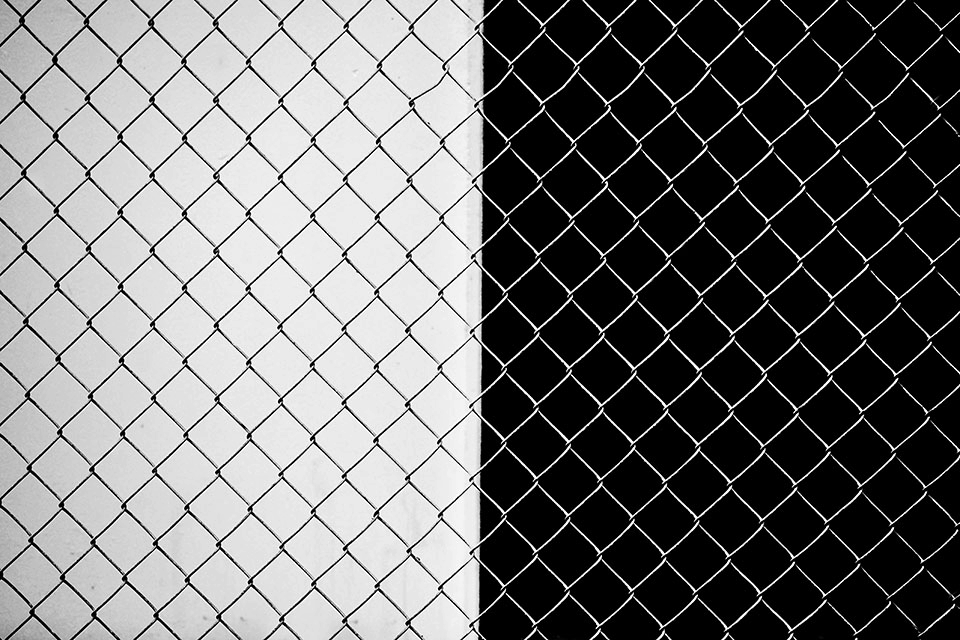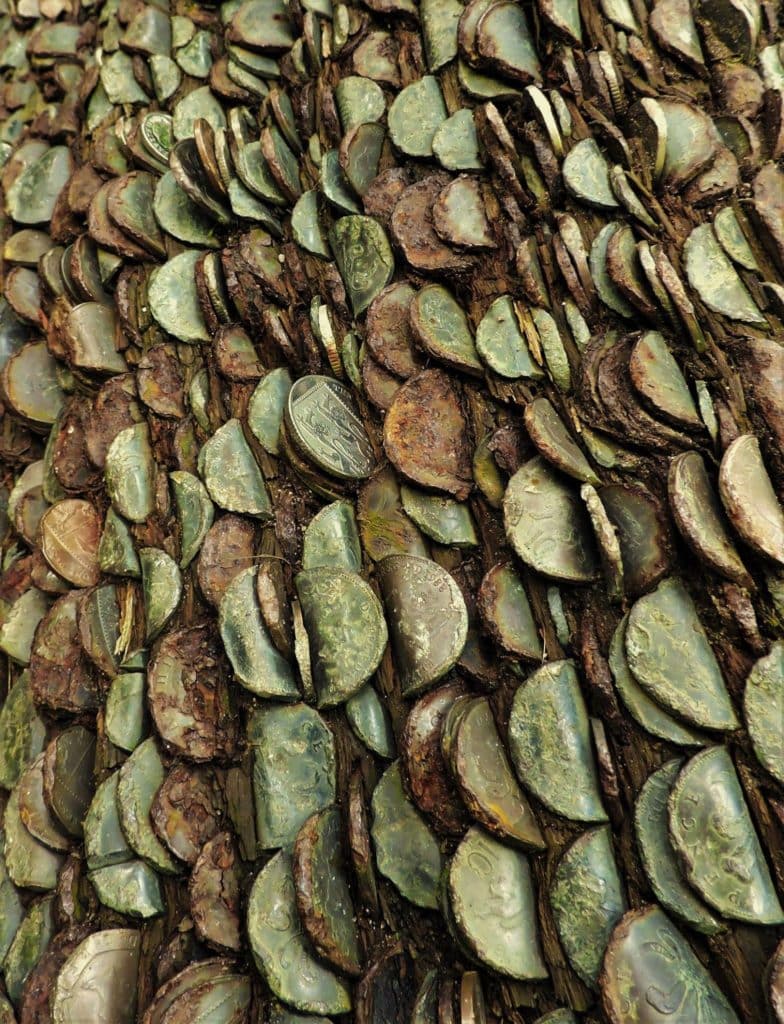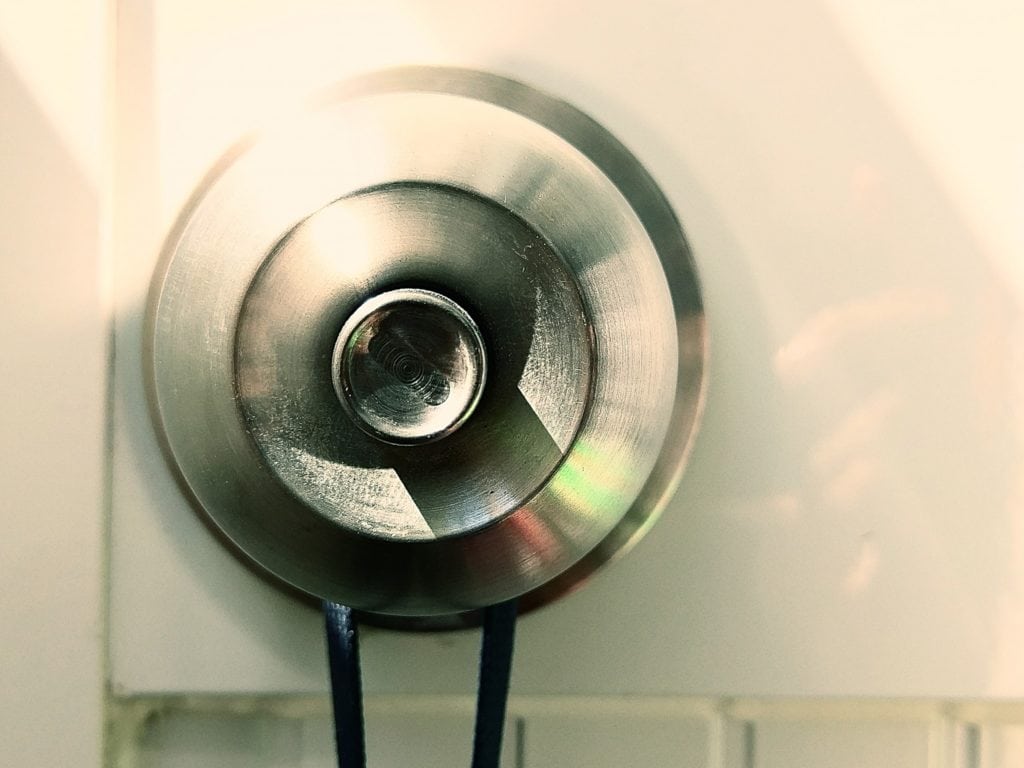
People keep the world balanced by having opposite views, beliefs, and likes. If minimalism has proven to have helped a lot of people over the last few years, some have given up on the lifestyle and others are still either skeptical about its efficiency or suspicious of it being another strategy to trick us into consuming more.
A lot of people state that minimalism is wrong. Some complain about the process of becoming a minimalist, saying it’s overwhelming and a waste of time; others complain about throwing away things they end up needing soon after. Yet, as we’ve said many times, the transition has to be slow, otherwise, you’ll find yourself done with minimalism before you even start.
Check out our guide on how to become a minimalist in 30 days and see the kind of preparation or organization required to embrace minimalism. It’s not an easy process, but it’s a rewarding one if minimalism is really what you want. Speaking of which, another common complaint is how people declutter but then feel emptiness rather than the “promised” fulfillment and sense of peace. It goes without saying that you must first reflect thoroughly on whether minimalism really is what you want or not. Considering it’s a lifestyle shift, it shouldn’t be thought about lightheartedly.
We went through some of the most recurrent elaborated arguments against minimalism and deconstructed them with the help of factual information and logic regarding the minimalist lifestyle.
Table of Contents
“Messiness boosts creativity”, “Messiness is an effective organization tool” and “Mess is authentic”
(article here)

There seems to be a big mix-up here.
Messiness-based arguments are obsolete, because neatness, as opposed to messiness, isn’t the same as minimalism. As we’ve discussed previously in the article ‘The Origin of Minimalism’, minimalism is a philosophy that lies in the reflection of what’s essential and what’s trivial. The minimalist lifestyle, in turn, is grounded on decluttering. The point of minimalism is to reduce what’s excessive in your life.
Some people have 15 items, others have 150 – the number doesn’t matter, what matters is that each item is useful and ‘sparks joy’. Kondo’s teachings are useful to minimalism in the sense that they help you declutter. The criterion of keeping only what sparks joy will make you distinguish what you should keep from what you should clear out. The organization and neatness of Kondo are optional in minimalism unless your only motivation to become a minimalist is the minimalist aesthetic – or better, the misconception of the minimalist aesthetic.
Moreover, the author believes that one of the reasons why minimalism isn’t viable is the lack of time to keep your place tidy. Besides the previous argument, regarding the confusion between minimalism and neatness, it’s quite obvious that the fewer you have, the easier it is to keep your place tidy – there isn’t a lot to untidy, after all.
Also, messiness being an effective tool is subjective. A quick read of Vohs, Redden, and Rahinel‘s study, done throughout three experiments, proves the likelihood of different outcomes.
“Minimalism encourages short-term thinking and investing, which becomes financially destructive over time.”
(article here)

It’s somewhat obvious that entrepreneurs would think minimalism is bad and try to convince you that you shouldn’t live a minimalist lifestyle stripped of compulsive shopping.
According to the author, minimalism encourages short-term thinking and investing by favoring services like Airbnb and ZipCar. From where we stand, this argument collapses on itself because minimalism is the exact opposite. Minimalism is often seen as being contrary to consumerism, so, if anything, it encourages long-term thinking and investing. While consumerism is based on short-term thinking and investing, minimalism focuses on the long-term effect of things.
When minimalists buy something, there are a few questions to be made first: if they need it and why, if there’s a chance they’re going to get rid of it soon, if it’s worth their money, if it’s good quality, what’s it made of, and where does it come from. By asking these questions, minimalists are already on their way to buying quality, more often than not costly, products that are meant to last. So, minimalists always make long-term savvy decisions when they need to purchase something.
In addition, the relation the author establishes between AirBnB and ZipCar and minimalism is unclear. These services are at everyone’s reach. It’s unfair to say these platforms are favored by minimalists because they’re simply favored by anyone who enjoys the capitalistic convenience culture.
“In the quest for minimalistic style, people sacrifice things they don’t “need”, but that represent their life experiences.”
(article here)

The number one problem with this argument is the misunderstanding of the concept of minimalist decluttering. There’s no limit number of items a minimalist is allowed to own. Because there are different approaches to the minimalist lifestyle, each person can choose what better fits their needs.
Minimalism is about essentialism, so it’s incorrect to say people sacrifice belongings that represent life experiences. If an item is essential, whether because it’s useful daily or because it reminds you of a happy moment you wish to cherish, the minimalist philosophy tells you to keep it. An object that adds value to your life isn’t excessive, it’s something you need, and therefore you shouldn’t get rid of it.
“It is almost nearly impossible to be truly minimalistic without first being fairly wealthy.”
(article here)

This might be the trickiest argument.
A lot of people claim that minimalism is a privilege, which isn’t completely absurd. Asking the question, “How do I avoid excess and have only what I need?” is a privilege because it presumes you already have your basic needs met. However, this privilege isn’t limited to the rich. Anyone with access to basic food, shelter, medical care, clothing, clean water, and safety has their basic needs met.
Minimalism assumes that minimalists have to buy quality things that last longer. Yet, these things are more expensive, and not everyone has the money upfront to invest in an expensive but good pair of shoes that will last more than a couple of years. It’s important to remember, however, that people live minimalism differently and that it is adaptable to each one’s possibilities. One minimalist might not be able to put to practice this one aspect of minimalism, but it might be able to work with all the others and, eventually, after having saved money due to their minimalist lifestyle, get to a point in which there’s a chance to start buying quality products. This approach also has significant implications on how minimalism affects the environment.
It’s fair to say that extreme minimalism – and by this, we mean people renting apartments in different places and traveling from one point to another frequently with only a backpack – is a practice mainly for wealthy people, however, frugal minimalism, for example, is at the reach of all. It might be dense at times, but it’s far from being nearly impossible. The kind of minimalism that takes place in a more affordable location, where one only buys and keeps what one needs is accessible to everyone.
Here are a few examples of minimalism accessible to the non-wealthy:
- Not owning a car in an urban area: car-related expenses are more than passes cost for a year.
- Buying only the number of cups, plates, towels, bedding sets, etc. one needs.
- Being able to live comfortably in a smaller and less expensive place. Less stuff means more room and less money spent on buying furniture.
One other argument, within this topic, we ran into was “only rich people can declutter because if they need something they tossed out they can buy it again” (article here). This argument is grounded, once more, in a misunderstanding of the concept of decluttering. When a person decides to become a minimalist, the decluttering process needs to be thought through. It doesn’t make any sense to dispose of something – a piece of clothing, furniture or even a car – if you already know you’re probably going to need it in the future.
That actually goes completely against one of the most relevant aspects of minimalism, which is to refrain from shopping frequently. Decluttering is getting rid of excess, that is, things you never got to use and know you will never use. For example, if you have craft items you bought years ago just because someday you might give it a try, get rid of them because they’re excess. If you haven’t needed them until now, you won’t need them in the future.
“Minimalism has become a religion”
(article here)

This argument is set on the idea that minimalists are preachers who try to sell minimalism as a life-changing product. Minimalism is a set of promises of mental health, financial stability, and happiness, but like with many other religions, these promises are sort of empty.
It’s an argument that assumes that minimalists look at minimalism as a lifestyle to which everyone – without exception – can adapt. While this may be true, it’s also true that every minimalist recognizes that minimalism has different shapes, meaning that each person adapts their minimalist lifestyle to their daily needs. There aren’t promises, but testimonies of those who chose the minimalist path. At the beginning of almost every article on minimalism, it’s pointed out that one must reflect seriously about changing lifestyles, for it requires some work and serious changes, obviously.
Minimalism isn’t, thus, set on a list of dogmas, like a religion – it’s flexible, it’s adaptable.
“Minimalism is just another form of conspicuous consumption, a way of saying to the world: ‘Look at me! Look at all of the things I have refused to buy!’”
(article here)

This very generalized statement doesn’t portray the whole truth but is grounded on selective information that better suits the point the author wants to make.
We do live in a world of appearances. We always have, but nowadays it’s in all of our faces thanks to the pressure of social media.
People try more and more to stand out because the capitalist system has got us thinking that everyone is special and that every single one of us can achieve the so-called American Dream if we just work hard enough. Everyone wants to be special. This need for attention (to stand out) has gotten a lot of people desperately looking for ways to show that they’re different from the rest. Ironically, the way to go for these people is trends and one of the chosen trends is minimalism.
Bloggers from all around the world saw an opportunity in minimalism to draw attention. Why? Well, essentially because of the minimalist aesthetics. It is undeniable that the minimalist aesthetics are beautiful, and that is why these appearance-dependent bloggers/influencers count on it to bring followers and consequent partnerships in. It’s the “look at me!” mentality with monetary and validation goals. Minimalist icon Marie Kondo, who emerged due to her skills in organization and decluttering guidelines has also managed to monetize minimalism as well by creating an online store that sells the type of clutter she first led us all to clear out.
Some have indeed been trying to use minimalism as a disguise to make people consume more, however, that’s not what minimalism is about. There are a lot of people who have embraced the minimalist lifestyle and have benefited from it; they have reduced their emotional and physical clutter; have succeeded in walking away from consumerism. The people we see most often on social media might not be the best examples of anything.
Minimalism is bad for the economy
Minimalism is bad for the current economy because it’s one based on overconsumption. People are manipulated into buying more things than they need and so industries are led to produce more and more.
An economy set on sustainability is more advantageous in every way.
“Minimalism is toxic”
(video here)

While this main argument on the toxicity of minimalism is incredibly confusing, there are two strong points we’ve taken from the video: minimalism is toxic because it’s a bragging show and because it limits your choices.
As we’ve mentioned in one of the counter-arguments above, it’s toxic to build an image and convey a complete understanding of minimalism based on what you see on social media such as Pinterest and Instagram. We’re already very much aware bloggers, vloggers, influencers – among other categories that might exist – use trends to boost their online presence and minimalism isn’t an exception. The real minimalists, those who change their lifestyle for the benefits that minimalism brings them and do it away from social media. These might be people that have additionally embraced digital minimalism, meaning that they’re not even thinking about bragging online about their lifestyle change.
It’s incorrect to link the “brag movement” in social media to minimalism since it’s a consequence of the exact opposite: consumerism. The apps, the products, the unreal lifestyles, the need for attention are all products of consumerism – and so is the dispensable trend of bragging on social media.
Regarding the second argument, what’s said is that each of us is an individual entitled to make their own choices, so minimalists shouldn’t be trying to shove their “lack of everything” down people’s throats. Again, that’s a take from social media due to its sponsored content. Minimalists do quite the opposite. They may share their experience with minimalism and how it helped them or not with their daily issues, but forcing lifestyle changes has never been and never will be a minimalist practice.
Final notes
People are undoubtedly entitled to their opinions. In order to support their statements, however, it’s vital to provide strong arguments.
There may be a few negative aspects that can be associated with minimalism, but we haven’t yet come across one that supports the statement that minimalism is wrong. For those who feel good as minimalists, it helps mentally, physically, socially, and financially. It helps set priorities and it boosts productivity.


